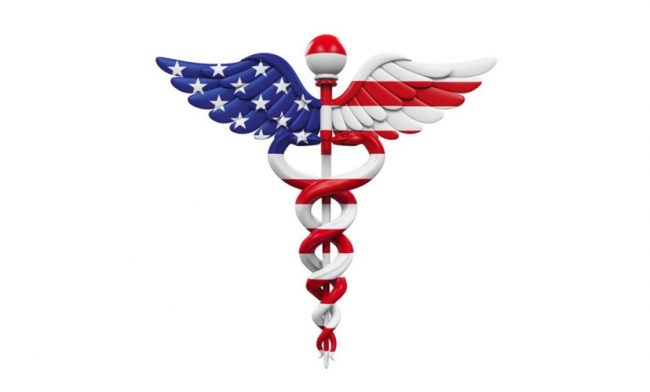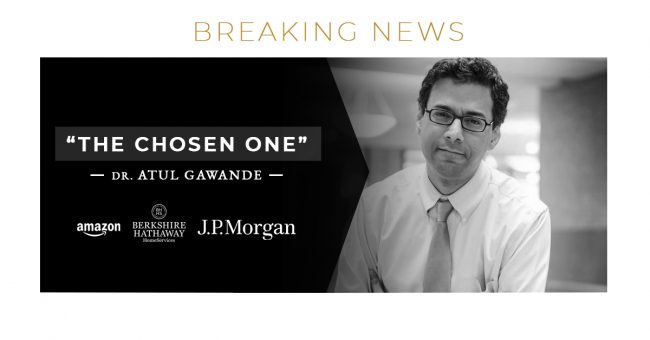New Rules Allow Short-term Plans to Last up to Three Years
The Trump administration has taken another step in its effort to roll out short-term health insurance plans by extending the amount of time such plans can be in effect.
Under the new rule, which was issued August 1, short-term plans can be purchased for up to 12 months and policyholders can renew coverage for a maximum of 36 months.Read More











